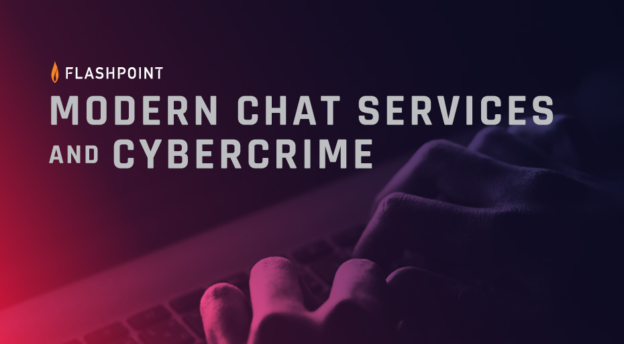Blog
Modern Chat Services & Cybercrime
Modern chat services are finding their place alongside illicit forums in the cybercrime ecosystem as a place where buyers and sellers can finalize transactions, or conduct real-time negotiations. The immediacy of a modern chat service—bolstered in some cases by encryption and other built-in security mechanisms—is an attractive lure for criminals leery of a law enforcement or researcher presence on forums.

Modern chat services are finding their place alongside illicit forums in the cybercrime ecosystem as a place where buyers and sellers can finalize transactions, or conduct real-time negotiations. The immediacy of a modern chat service—bolstered in some cases by encryption and other built-in security mechanisms—is an attractive lure for criminals leery of a law enforcement or researcher presence on forums.
Cybercriminal adoption of modern chat services has been a gradual process with no palpable turning point or milestone event, but it has become the new normal. As a result, actors conducting fraud, carding, account takeover, malware distribution, insider recruitment, drug trafficking, and other criminal operations are able to leverage the encryption offered by some of these chat services to avoid being monitored.
With less-than-reputable groups leveraging the anonymity and shelter afforded by these applications, this trend is increasingly becoming a major concern for security teams. Moreover, since modern chat services are decentralized and often encrypted, their growing popularity among cybercriminals presents a challenge for law enforcement personnel and security researchers in their efforts to gather intelligence.
Our newest research paper, Modern Chat Services & Cybercrime, examines the rising popularity of chat services among cybercriminals, how these services facilitate illicit activity, and the implications of this emerging trend for cyber defenders.
For the full Flashpoint analysis, download the report.

